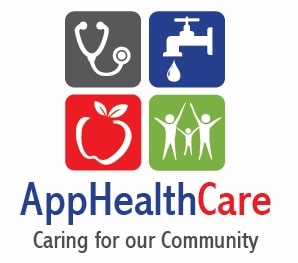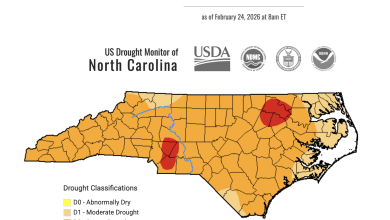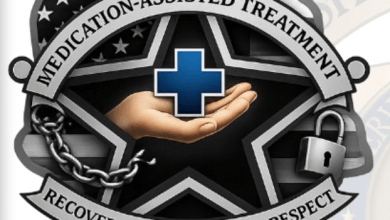
Last Updated on August 20, 2025 10:55 am
[Jefferson, NC] – Over the past month, four raccoons from various areas of Ashe County have tested positive for rabies. Given the amount of cases in a short period of time and one person being bitten by a rabid raccoon, AppHealthCare is encouraging the community to be aware of their surroundings and take actions to prevent rabies from spreading. It is important to note that there has not been an increase in human rabies cases.
Rabies is a viral disease that is deadly if not treated properly. It can spread to people and pets through bites, scratches, and saliva of an infected animal. In the United States, more than 90% of reported cases of rabies in animals occur in wildlife and are most commonly found in bats, raccoons, skunks, and foxes.
“Rabies is deadly but completely preventable. With recent increases in rabies cases found in local raccoons in Ashe County, it’s more important than ever to vaccinate pets, avoid contact with wild or stray animals, and seek medical care immediately after any potential exposure. Protecting yourself and your loved ones starts with awareness and then taking needed actions to prevent spread,” said Annette Seatz, Communicable Disease Nurse Manager, AppHealthCare.
Take actions to prevent rabies
- Make sure your pets are up to date on their rabies vaccines. The rabies vaccine can lower your pet’s risk of getting rabies.
- Avoid contact and keep your distance from wild and stray animals – especially those who appear to be sick, injured, or dead.
- Don’t adopt or befriend wild or stray animals. These animals are at higher risk for carrying rabies, and if they are in your home or on your property, there is a greater risk of them transmitting rabies to you and your loved ones, and pets.
How to know if you, your loved ones, or pets have been exposed to rabies
Rabies spreads through contact with an animal that is infected with rabies. This occurs when an infected animal’s saliva or tissue comes into contact with broken skin or a mucus membrane, such as the eyes, nose, and mouth, through bites, scratches, or other means. Locally, we most commonly see potential exposures happen when a wild animal bites a person and breaks skin while the person is trying to assist or move the animal. We commonly see this occur as well when someone with an open wound has contact with a potentially infectious animal, and there’s a risk that the wound was exposed to saliva. Rabies spreads through direct contact with an infected animal; it cannot be transmitted through the air.
- If you have been exposed,
- Wash the bite or scratched area immediately with soap and water for 15 minutes to flush out any virus.
- Talk with a healthcare provider or AppHealthCare (local public health agency) about your risk and if you need medical care. Also, tell them about the type of animal you encountered and note anything abnormal about the animal’s behavior. Seek medical care as soon as possible so that treatment can be prescribed. You must get this care to prevent the disease from developing, and it’s nearly 100% effective if you get it after exposure.
- If the animal that bit you is a pet, ask the owner for proof that the animal is up to date on their rabies vaccination.
- If your pet has been exposed, contact your veterinarian or AppHealthCare for guidance on potentially needed medical care and next steps.
Rabies Vaccination
If your pet needs a rabies vaccine, contact a veterinarian and schedule an appointment. For pet owners in Ashe County, Ashe Animal Hospital is able to vaccinate your pet for rabies, whether or not you are a patient of record with them. Call them at (336) 246-3441 to schedule an appointment.
Ms. Seatz continued, “It is so important to vaccinate your pets; the vaccine could save their life if they are ever exposed to rabies. And if you are concerned you’ve been exposed, reach out to us so we can assess whether or not treatment should be prescribed.”
If you are concerned that you, your loved ones, or pets may have been exposed to rabies, contact AppHealthCare at (828) 795-1970.
For additional information about AppHealthCare or other community resources and health-related data, please call AppHealthCare at (828) 795-1970 or visit www.AppHealthCare.com and follow them on Twitter and Facebook.


















